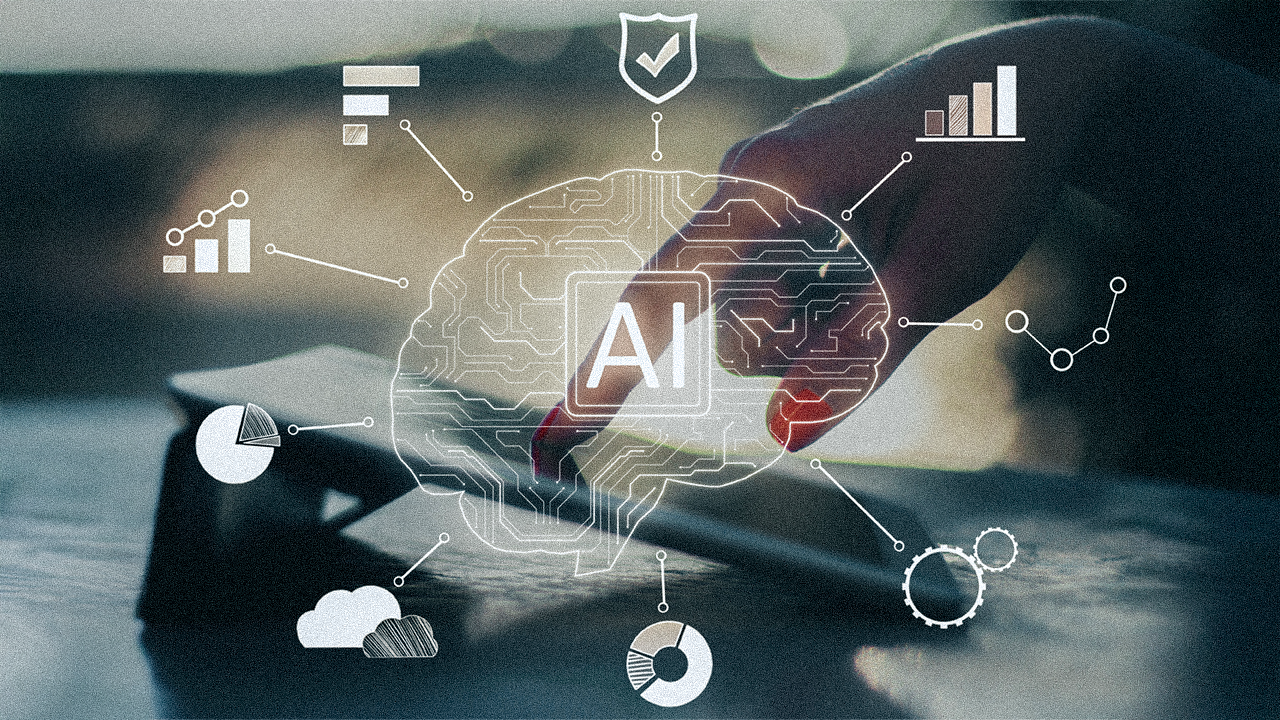
Top 8 Business Trends For 2025
As we move further into 2025, the business landscape continues to evolve rapidly, driven by ongoing technological innovation, shifting workforce expectations, and a growing commitment to sustainability. For companies seeking to stay ahead of the curve, being aware of the following top 8 trends will be essential in navigating this pivotal year and gaining a competitive edge.
1. Deepening Commitment to Sustainability and Ethical Practices

As consumer expectations and regulations continue to grow, businesses are stepping up their efforts to make sustainability a key part of their operations. In 2025, we’ll see more focus on clear supply chains, using renewable energy, and managing resources responsibly. Ethical practices will also include fair labor, protecting data privacy, and doing business in a fair and honest way — all of which help build trust and long-term loyalty.
2. Integration of AI and Automation at Strategic Levels

AI will not only enhance existing products and services but also drive the emergence of new business models and strategic approaches. As advanced AI systems become more refined in their capabilities, businesses will be able to improve predictive analytics, resulting in more accurate market forecasts and deeper customer insights. Automation will increasingly manage complex functions, enabling innovation and the development of new value propositions.
For example, Pelco Elevate combines edge and cloud AI to improve their existing security cameras. The Cloud platform delivers features like automated image health checks, real-time AI-powered alerts for threats such as visible firearms or missing PPE, plus unified multi-site camera management.
3. Evolving Work Models: Remote, Hybrid, and Beyond

The continued shift toward remote and hybrid work models necessitates robust collaboration platforms, seamless integration of digital tools, and management strategies that emphasize outcomes over physical presence. As organizations formalize these distributed structures, increased focus will be placed on maintaining company culture, supporting work-life balance, and fostering employee engagement without reliance on traditional office environments.
4. Rise of Hyper-Personalization

Customer data analytics will continue to evolve, offering unprecedented levels of detail that empower businesses to deliver highly personalized experiences. The expansion of 5G and the Internet of Things (IoT) will further enhance real-time data processing and connectivity, enabling dynamic, on-the-fly customization. As a result, companies will increasingly pursue a “segment of one” approach, where each customer feels uniquely understood and served.
5. Revolution in E-commerce Through Technology and Convenience

E-commerce platforms will grow increasingly advanced, delivering immersive and tailored shopping experiences through technologies such as augmented reality (AR), virtual reality (VR), and artificial intelligence (AI). Features like voice-activated shopping, intelligent chatbots, and personalized digital storefronts will set new standards for convenience. Additionally, the continued rise of same-day delivery will reshape consumer expectations around speed and accessibility. By 2025, the e-commerce landscape will be more integrated, intuitive, and personalized than ever before.
6. Blockchain Driving Decentralization

Blockchain's potential for decentralization has now moved beyond cryptocurrencies into key industries such as secure voting systems, transparent supply chain management, and immutable data storage. As smart contracts continue to evolve, they enable businesses to execute agreements autonomously, without intermediaries, unlocking significant cost reductions, faster transactions, and enhanced fraud prevention. By 2025, blockchain is reshaping operational models and transaction processes across multiple sectors.
7. Expansion of the Gig Economy and Freelancing Models

The flexibility and scalability provided by freelance and gig workers will continue to drive businesses to diversify their talent acquisition strategies. With the expansion of freelance platforms and services, companies now have access to a global pool of specialized talent, allowing for greater agility and responsiveness to evolving market needs. As this workforce model grows, businesses will refine their HR policies to offer competitive benefits, flexible work arrangements, and incentives that align with the expectations of the modern workforce.
8. Elevating Mental Health and Wellbeing in Corporate Culture

As research increasingly highlights the connection between employee well-being and productivity, companies are expanding their investment in holistic wellness programs that address physical, mental, and emotional health. Tech-driven solutions for monitoring and enhancing mental health will become more widespread, with initiatives aimed at stress reduction, improving work-life balance, and fostering psychological safety. These efforts ensure that employees feel supported, valued, and empowered to perform at their best.
Concluding Thoughts
As we move forward into 2025, the business landscape will be shaped by a combination of technological innovation, changing work models, and an increased emphasis on sustainability and social responsibility. In this environment, businesses must remain adaptable, forward-thinking, and attuned to emerging trends to seize opportunities, navigate challenges, and optimize operations for long-term success.
Strategic implementation of AI and automation, the evolution towards remote and hybrid work environments, the rise of hyper-personalized customer experiences, and the growth of e-commerce will all play a pivotal role in defining success. At the same time, companies will need to commit to sustainable and ethical practices that meet the rising consumer demand for corporate responsibility.
Additionally, as the gig economy continues to expand and the focus on employee well-being intensifies, businesses will need to prioritize mental health initiatives and foster cultures of resilience. By embracing these shifts and positioning themselves as leaders in innovation, businesses will be better equipped to thrive in an ever-evolving landscape.





